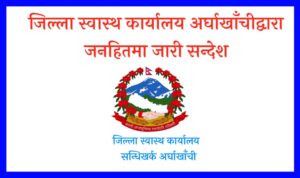
With the trains shut down, thousands of people had been forced to walk long distances to get to work or home.
Although it could be weeks before the tunnels are fully drained and the entire system is running, the partial opening of the subway may ease the road congestion that trapped people in their cars for hours to go even short distances Wednesday.
In another effort to reduce traffic jams, Mayor Michael Bloomberg imposed restrictions on cars coming into Manhattan.
“But if you are coming in through the Lincoln Tunnel, into Manhattan through the Henry Hudson Bridge and the Triborough Bridge or any of the four East River bridges, the Queensboro, Manhattan, Williamsburg and Brooklyn, you have to have three people in the car,” he said.
The recovery from Hurricane Sandy remains a long, hard effort in the northeastern United States. About five-and-a-half million people remain without power, primarily in the states of New York and New Jersey.
In New Jersey, which suffered the worst damage, the city of Hoboken is pumping millions of gallons of polluted water from its streets. Tens of thousands of people lost their homes and livelihoods in the state’s beachside communities. President Barack Obama toured some of the worst-hit areas on Wednesday, pledging all possible aid to rebuild the region.
The storm led to at least 80 deaths and caused more than $50 billion in economic losses to the eastern United States, with damage stretching from North Carolina to the state of Maine.
The incumbent Democrat was in Wisconsin, Nevada and Colorado Thursday




